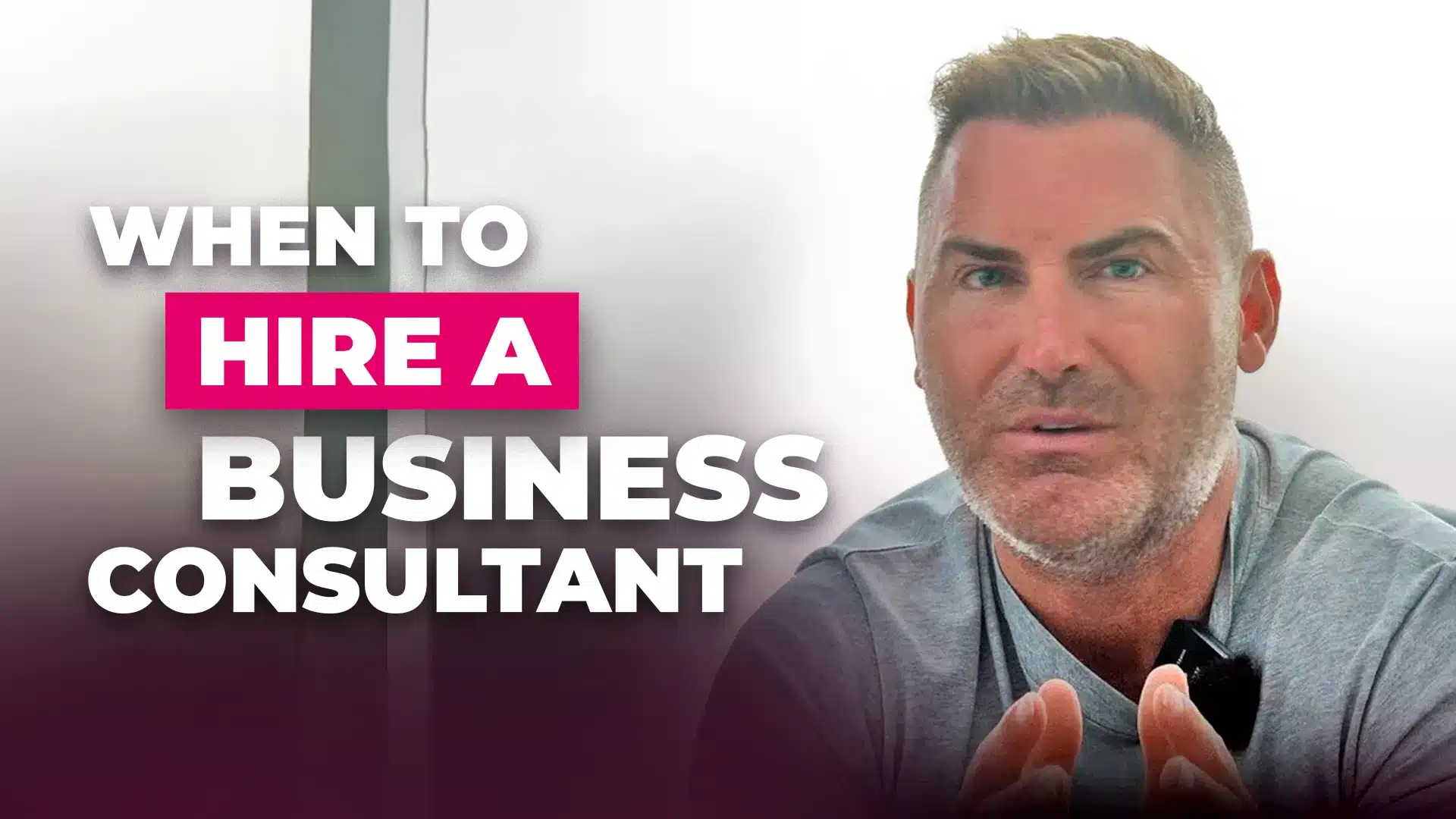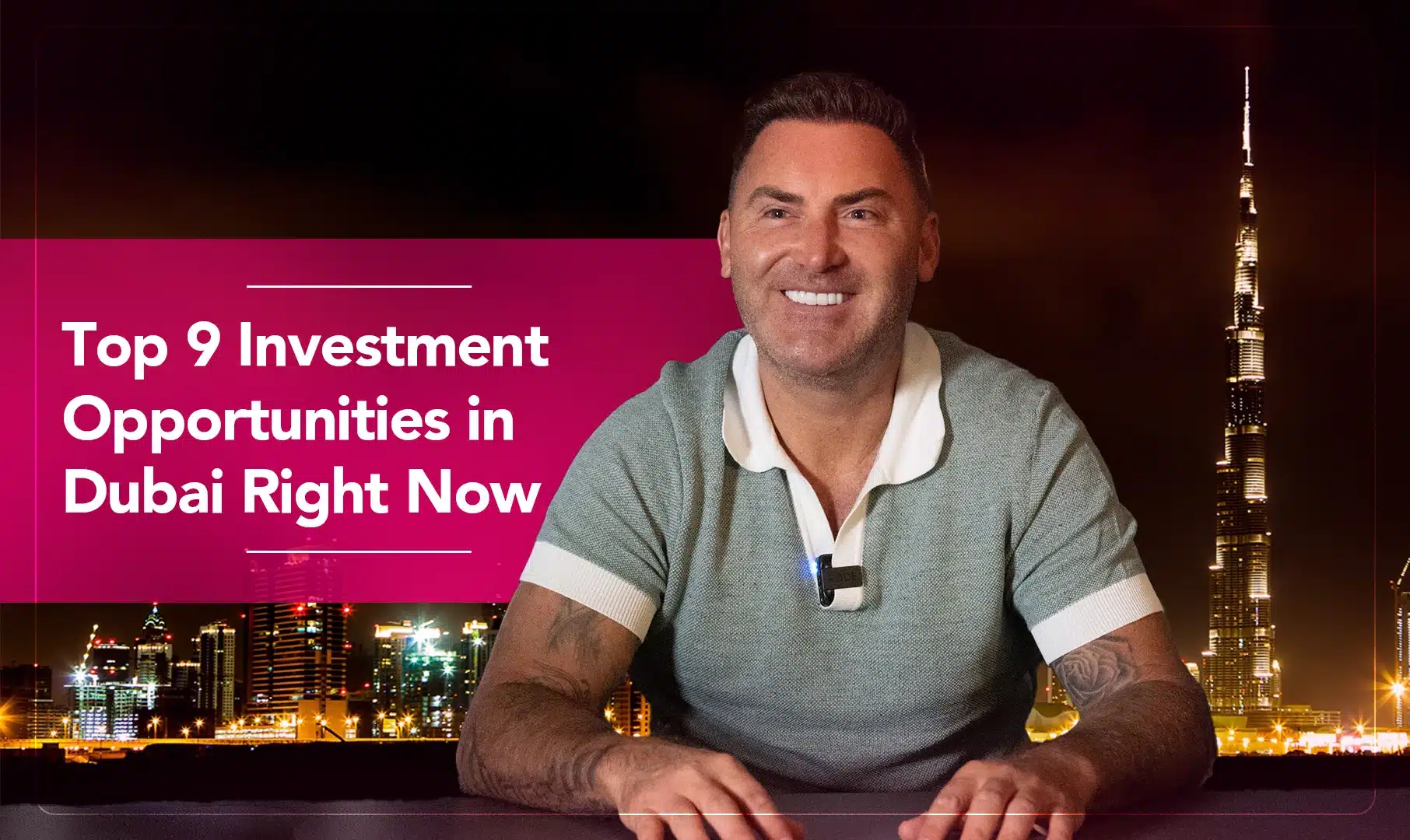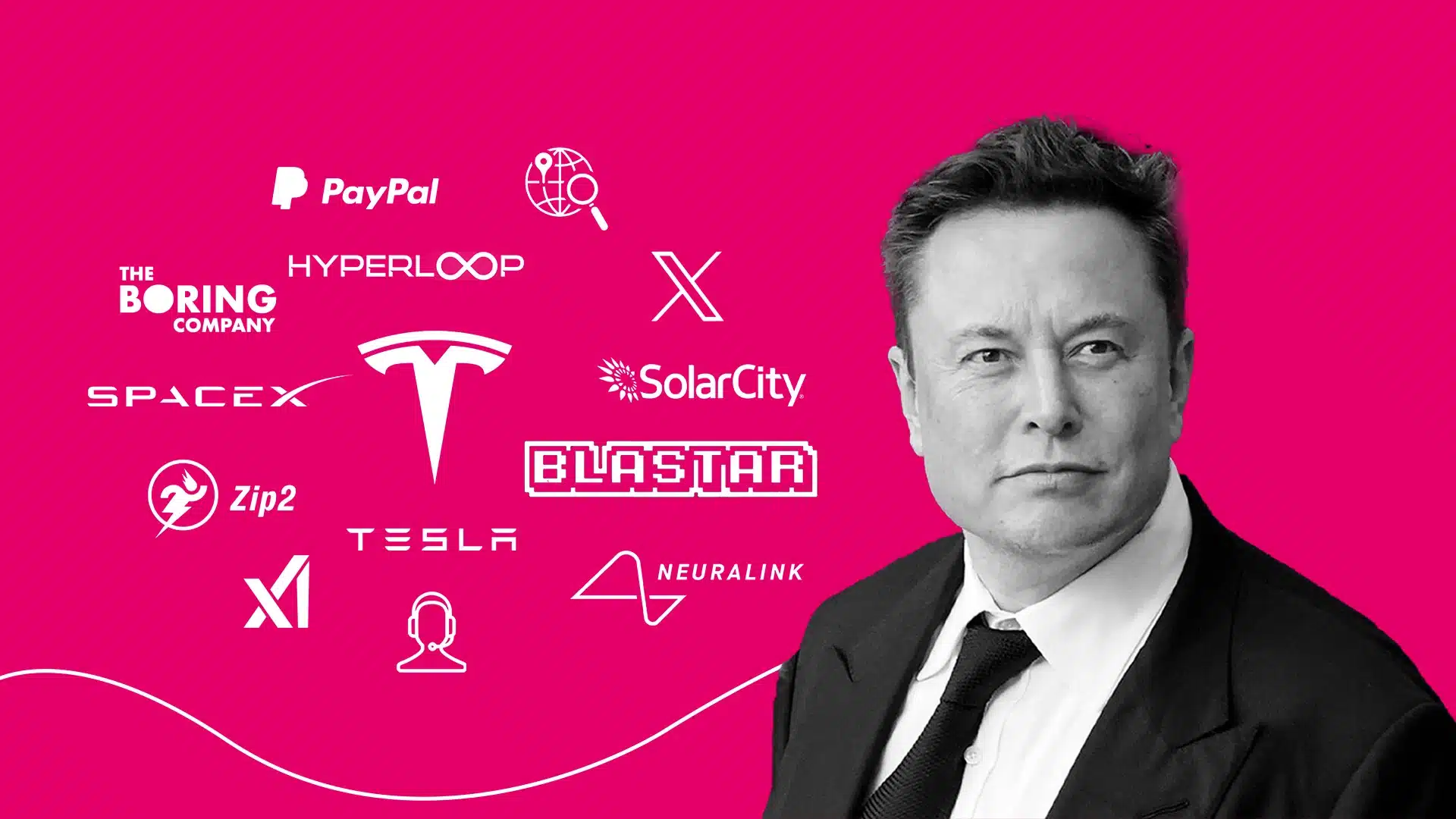
Discover how Donald Trump’s social media tactics can inspire your business growth by building a robust personal brand and creating emotion-driven content.

Read all about my experiences climbing to Everest Base Camp with Ant Middleton. The lessons learned & how it transformed my perspective on life.

Learn about the top 10 signs your business needs a professional business advisor. From cash flow issues to on clear strategy – make the change today!

Struggling with growth, finances, or efficiency? Discover the key moments when hiring a business consultant can transform your company’s success.

Creative Uses for Your Start-Up Loan: Beyond Stock and Premises
Discover creative ways to use your UK start-up loan beyond stock and premises, from branding and marketing to technology, staff training, and customer experience.

Where to Invest in the UK: Top 10 Business Opportunities for the Next Decade
Explore the top 10 UK business opportunities from investors, in sectors like green energy, fintech, AI and more.

Donald Trump’s Social Media Strategy – Lessons for Business Growth
Discover how Donald Trump’s social media tactics can inspire your business growth by building a robust personal brand and creating emotion-driven content.

Top 9 Investment Opportunities in Dubai Right Now
Discover the top investment opportunities in Dubai for 2025, including real estate, technology, healthcare and more.

Creative Uses for Your Start-Up Loan: Beyond Stock and Premises
Discover creative ways to use your UK start-up loan beyond stock and premises, from branding and marketing to technology, staff training, and customer experience.

Donald Trump’s Social Media Strategy – Lessons for Business Growth
Discover how Donald Trump’s social media tactics can inspire your business growth by building a robust personal brand and creating emotion-driven content.

Measuring ROI of Motivational Business Speakers (2025 Guide)
Learn how to measure the ROI of hiring a business motivational speaker,

10 Signs Your Business Needs a Professional Business Advisor
Learn about the top 10 signs your business needs a professional business

7 Best Types of Business Loans for Startups in the UK
Discover the best business Loans for startups to fuel growth, manage cash

Elon Musk’s Top 13 Inventions That Changed the World
Elon Musk, often compared to a real-life Tony Stark, has built a

How Much Is Donald Trump Worth? (2025 Update)
As President of the United States, Donald Trump’s net worth in 2025 is frequently a hot topic. According to Forbes, Bloomberg, and Business Insider, his

11 Most Controversial Billionaire Quotes on Money & Wealth
Discover bold and unconventional billionaire quotes on money, success, and wealth-building that challenge traditional financial habits and beliefs.

Quick Business Loan Repayment: Best Practices for Entrepreneurs
Taking out a business loan can give your company the financial boost

Exploring Alternative Financing Options When Traditional Business Loans Aren’t an Option
Securing traditional business loans can be challenging, especially when you are doing

The Influence of Global Economic Trends on UK Business Investment Strategies
In today’s globalised world, businesses in the UK are navigating an increasingly

How Business Consultants Guide Start-Ups Toward Financial Stability
Starting a business is exciting, but keeping it afloat can be challenging.

Where to Invest in the UK: Top 10 Business Opportunities for the Next Decade
Explore the top 10 UK business opportunities from investors, in sectors like green energy, fintech, AI and more.

Donald Trump’s Social Media Strategy – Lessons for Business Growth
Discover how Donald Trump’s social media tactics can inspire your business growth by building a robust personal brand and creating emotion-driven content.

Forging Business Warriors: Insights from Gladiator Summit Founder Dariush Soudi
Dariush is an experienced entrepreneur and life coach who has faced personal

Breaking Free: Natalie Russell on Empowering Women to Reclaim Their Lives and Relationships
Natalie Russell is a dedicated self-esteem and relationship recovery coach, creator of

The Power of Personal Branding: From Basics to Advanced Strategies, with Kelly Lundberg
Kelly Lundberg is a highly successful entrepreneur, personal brand strategist, and speaker.

From Football Dreams to Resilient Realities: Yannick Rebsamen’s Inspiring Journey of Overcoming Adversity and Rebuilding Life After Tragedy
Yannick is an inspiring entrepreneur whose life took a dramatic turn in

Donald Trump’s Speaking Style – Love It or Hate It, It Works
Explore the effectiveness of Donald Trump’s speaking style & discover key techniques that entrepreneurs can use to enhance their communication impact.

Top 10 Best Business Speakers for Events (UK 2025 Edition)
Discover the top business speakers for events in the UK for 2025. Learn how to select speakers who deliver actionable insights & inspire change.

Beyond Base Camp: Lessons I Learnt From Everest
Read all about my experiences climbing to Everest Base Camp with Ant

Measuring ROI of Motivational Business Speakers (2025 Guide)
Learn how to measure the ROI of hiring a business motivational speaker,

Unlock Success: Business Speakers For Corporate Events
Learn why business speakers for Corporate events are a must! Learn the

Business Coach for Entrepreneurs: Making Smarter Financial Decisions
Discover how a business coach for entrepreneurs can help you make smarter

This One Strategy Raised Me Over £100 Million From Investors!
I’m writing this as I prepare to head over to my yacht, the tastefully named Seasquirter ?, to host one of my regular Thursday night

This week’s podcast! Matt Haycox chats to influencer boss Emilio Arciniega
In this episode, I explore Emilio’s journey into the marketing and talent industry, during which he turned a £40 commission into a full-time career. Learn

This week’s podcast! Matt Haycox chats to ex ‘SAS: Who Dares Wins’ Ant Middleton
Meet Ant Middleton—the real deal, a living, breathing symbol of resilience and

Change Your Environment, Change Your Life: Why Your Surroundings Matter
If you want to change your life, then change your environment!

This week’s podcast! Matt Haycox chats mental health with Dr. Frankie Jackson-Spence
This week, I’ve got a special episode for you, tying in with World

Happy World Smile Day!
Don’t worry, I am not jumping on a woke bandwagon and becoming
Subscribe To The No Bollocks Newsletter
Matt's Podcasts

STRIPPING OFF WITH MATT HAYCOX
Welcome to 'Stripping Off with Matt Haycox,' where we bare it all on business, money, and life. Get ready to peel back the layers of success with the Funding Guru himself, Matt Haycox.

NO BOLLOCKS WITH MATT HAYCOX
Welcome to "No Bollocks with Matt Haycox," the ultimate business podcast for entrepreneurs, CEOs, and anyone looking to climb the career ladder without the bullshit.

